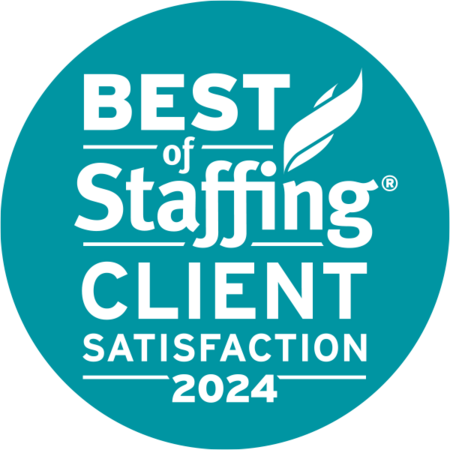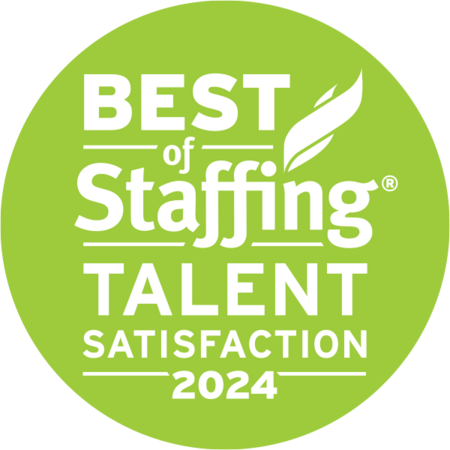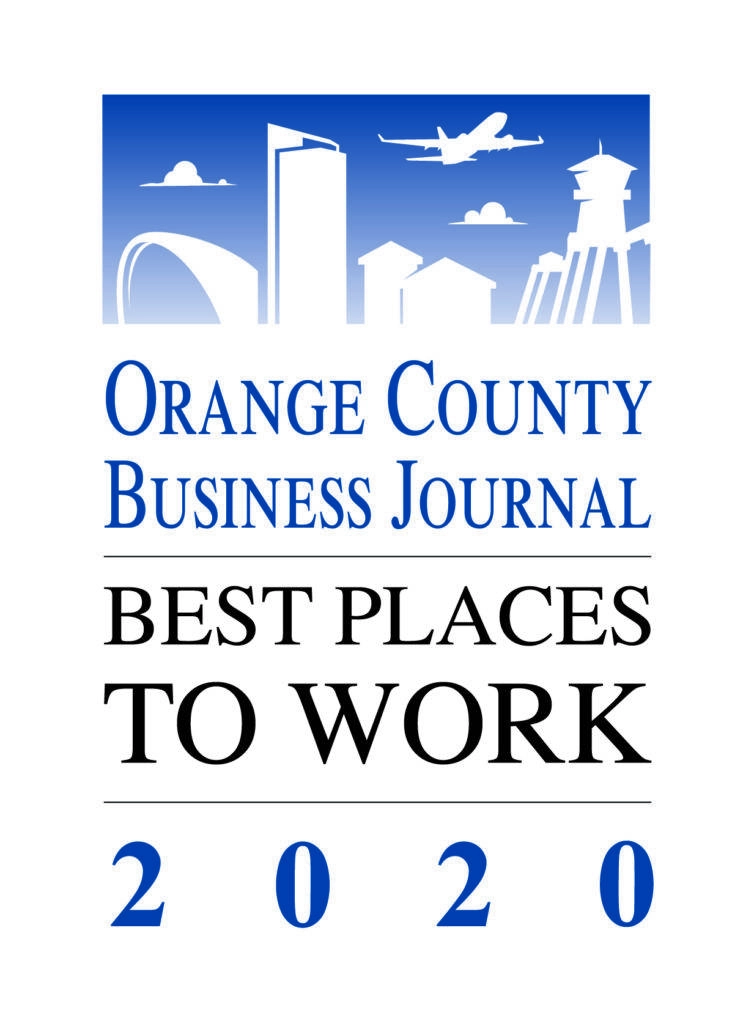For two years, ARG has been reporting on the importance of returning to the office. Now, new data released by the Wall Street Journal (WSJ) has found that the strategic choice between remote and office-based employment has material implications for career advancement. While remote working has been lauded for its flexibility, evidence suggests that it may come with significant trade-offs in the professional realm.
The WSJ points to a stark divergence in career progression between remote workers and their office-based counterparts. Data suggests a marked disparity in promotion rates, with 31% of remote employees experiencing a notable deficiency in advancement opportunities.

The Promotion Gap in Digital Workspaces
The dynamics of workplace interaction play a critical role in the remote/in-office divide. The absence of physical presence onsite can render remote workers less visible to leadership, potentially leading to missed opportunities in project leadership, decision-making, and critical career-building moments. The traditional pathways of professional development, often forged through in-person mentorship and daily interactions, are not as easily replicated in a remote setting.
The crux of the issue lies in the inherent human need for connection and the nuances of face-to-face interactions, which are pivotal for individual and organizational success. In-office employees have a distinct advantage in receiving timely feedback, developing leadership skills, and building relationships that are vital for career advancement. Professional relationships are inherently altered in remote work environments. In the traditional office setting, spontaneous conversations and serendipitous encounters foster an ecosystem of connectivity, nurturing relationships that can be pivotal for collaboration. These organic interactions often lead to a rich exchange of ideas, fortifying trust and camaraderie among colleagues.
Conversely, remote work conditions can inhibit the serendipity of in-person rapport-building. Virtual meetings, while functionally efficient, lack the nuanced dynamics of body language and non-verbal cues, which are essential ingredients in the alchemy of relationship-building. The absence of shared physical spaces and informal water-cooler moments can result in a transactional nature of communication, where interactions are scheduled rather than spontaneous, potentially leading to a narrower scope of workplace relationships.
This constrained relational landscape can have cascading effects on professional growth. It is within the robust networks of interpersonal relationships that opportunities are often found and support is garnered. Without the fertile ground for informal mentorship and advocacy that office environments provide, remote workers may find it more challenging to develop the alliances necessary for upward mobility.
Recognizing and mitigating these relational deficits is crucial for remote professionals seeking to maintain a trajectory of career success.
The visibility of effort and accomplishment is a subtle yet critical component of workplace acknowledgment and valuation. In an office environment, the visibility of an individual’s work ethic and output is a given, often observed by peers and superiors alike, forming the basis for recognition and reward. However, in remote work settings, the lack of physical presence can inadvertently lead to a diminished perception of an employee’s contributions.
This invisibility factor carries a high risk of misinterpretation or underestimation of the work remote employees produce. When output is not directly observable, there is a tendency for the “out of sight, out of mind” mentality to prevail. Contributions may be overlooked, and the intensity of the efforts behind them underestimated. The absence of regular, visual affirmations of one’s labor can lead to assumptions that remote workers are less engaged or productive, despite the quality and quantity of their output potentially matching or exceeding that of their in-office counterparts.

Remote Work: Choice, Trade-offs and Consequences
KPMG’s 2023 CEO Outlook report found that nearly 90% of 1,325 CEOs of large companies in 11 countries are considering linking promotions, raises and other rewards with in-office attendance. The decision to work remotely, therefore, is not one to be made lightly. It entails a calculated consideration of the benefits of flexibility against the potential stagnation of professional growth. The trend among leading corporations to align promotions and rewards with office attendance underscores the criticality of this decision.
For finance professionals, the choice of remote work is a personal one, balanced against individual priorities and life circumstances. Yet, the decision must be informed by a recognition of the potential impact on one’s career trajectory. As the corporate world continues to adapt to post-pandemic realities, the implications of remote work on professional advancement remain a pivotal consideration for anyone navigating the complexities of career development and advancement.
Related Content
FIVE CAREER RESOLUTIONS TO HELP YOU GROW IN 2024





